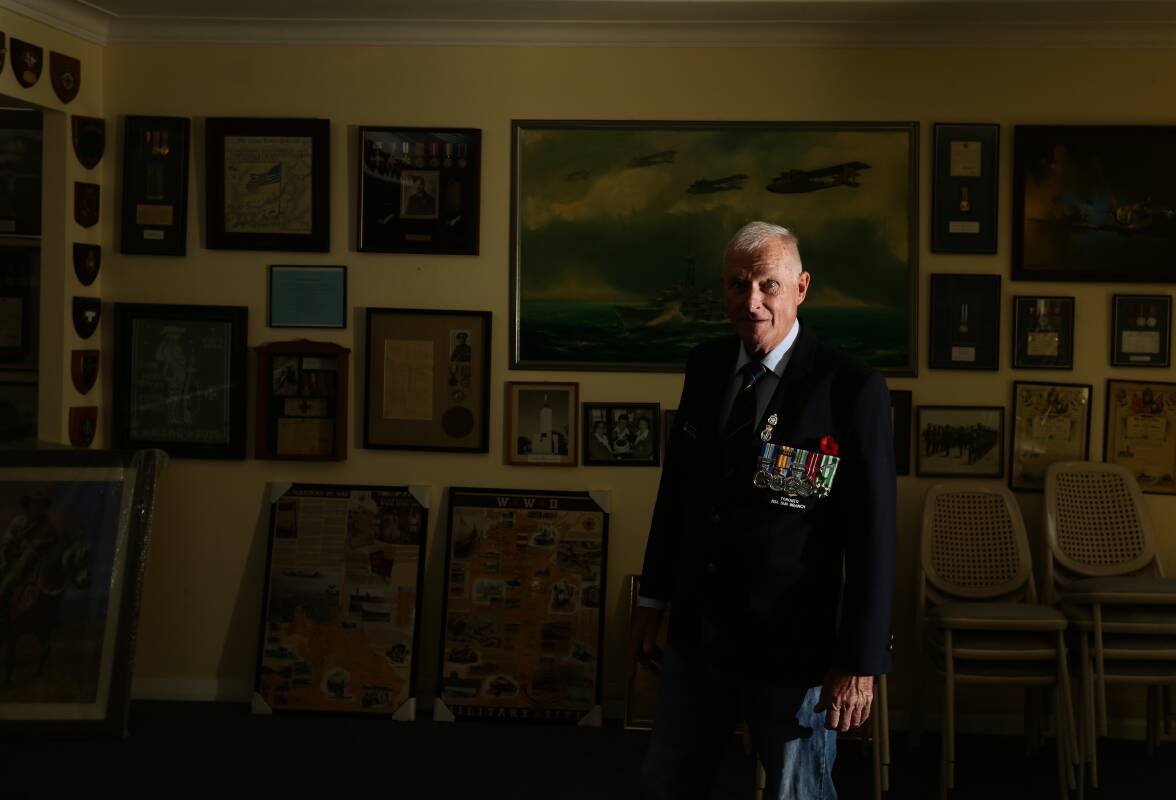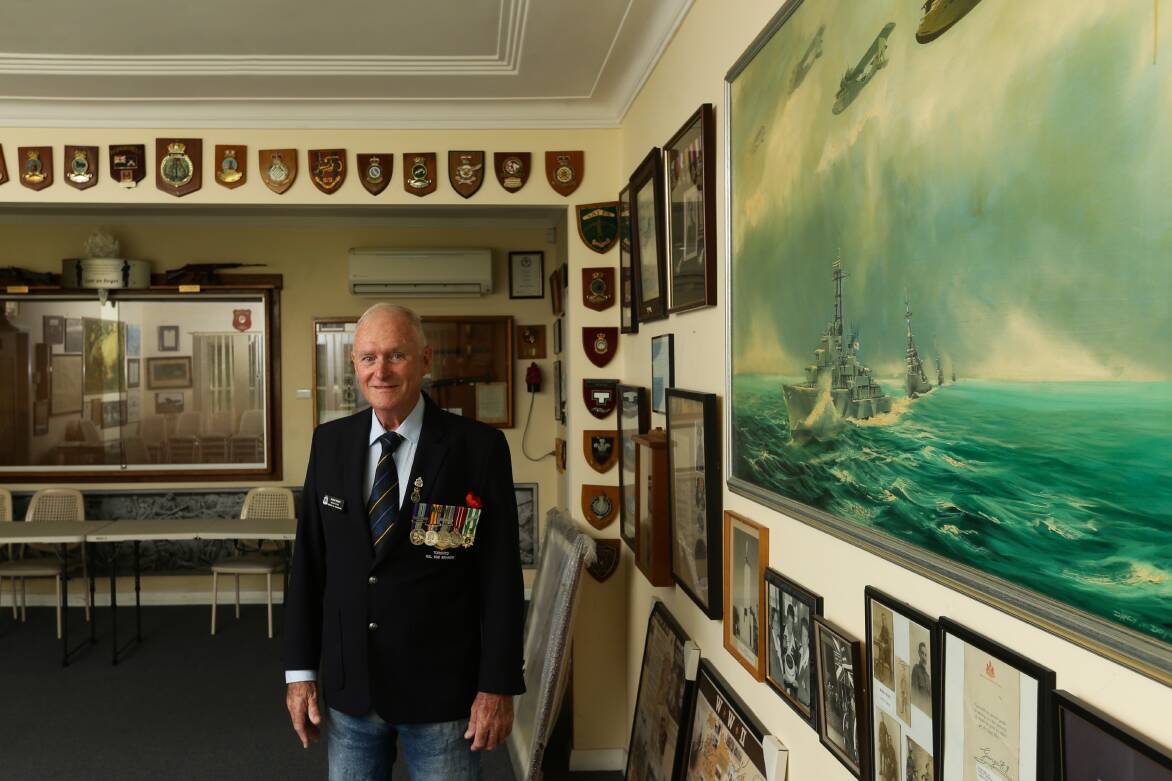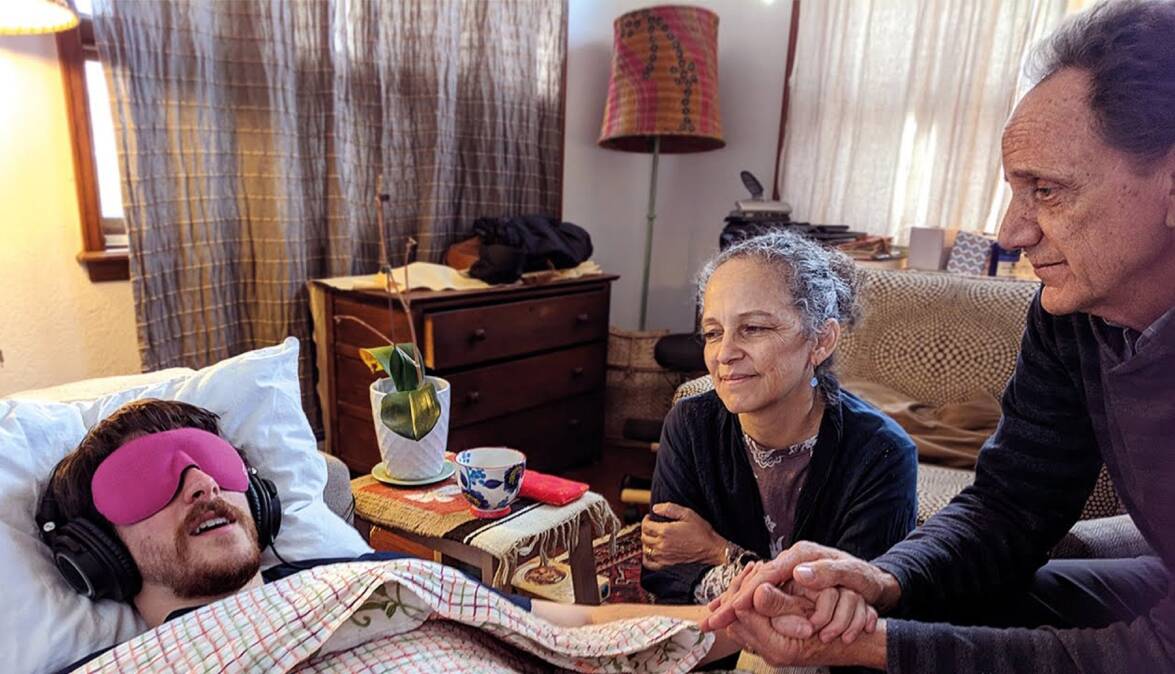
MDMA and psilocybin treatments are set to be offered in the Hunter this year to treat mental illness.
Psychiatrist Stuart Saker plans to offer the medicine at his Brain Save clinics in Broadmeadow and East Maitland in the Hunter, and Killarney Vale on the Central Coast.
The Therapeutic Goods Administration has approved the two medicines for prescription by authorised psychiatrists from July 1.
Dr Saker, an Army Reserve medical officer who has been deployed in war and humanitarian missions, said "the evidence is strong for this medicine".
"It's for mental illnesses that are very hard to treat."
People in these predicaments have often tried many antidepressant drugs, but found the side effects unbearable.
"These people are facing death by suicide if they don't get an alternative medication," Dr Saker said.
"That's why I think the TGA's decision is humane."
MDMA is also known as ecstasy and the "love drug", while psilocybin is a psychedelic compound found in mushrooms. Both drugs are known to give people experiences that have been described as spiritual, life-changing and beautiful.
Their effects are sometimes challenging, but psychiatrists and academics say this can form part of the healing process. That is, confronting and integrating experiences that led to the development of mental illness.
Under the TGA decision, MDMA can be prescribed for post-traumatic stress disorder and psilocybin for treatment-resistant depression.
"These are the only conditions where there is currently sufficient evidence for potential benefits in certain patients," the TGA said.
The TGA commissioned an independent expert panel, which examined eight studies on MDMA and six on psilocybin.
It concluded that MDMA and psilocybin "may show promise in highly selected populations, but only where these medicines are administered in closely clinically supervised settings and with intensive professional support".
Flinders University Professor of Psychiatry Michael Baigent sounded a note of caution, saying more evidence was needed to "prove the long-term benefits for patients using the medication".
"I think there's a lot of room for more research to confirm the effects in large numbers and how to use it. It's still early days."
Professor Baigent said the history of medicine was filled with treatments that turned out to be less promising than first thought.
The TGA stated that "as with all medicines, there are risks with psilocybin and MDMA".
"Although these substances are themselves relatively safe when administered in the doses used in conjunction with psychotherapy and in a medically controlled environment, patients are in an altered state of consciousness when undergoing psychedelic-assisted psychotherapy."
By limiting prescribing to authorised psychiatrists, "the benefits for patients and public health will be greater than the risks".
The TGA decision acknowledged the "current lack of options for patients with specific treatment-resistant mental illnesses".
"It means that psilocybin and MDMA can be used therapeutically in a controlled medical setting. However, patients may be vulnerable during psychedelic-assisted psychotherapy, requiring controls to protect these patients."
Dr Saker said many people with mental illness from military and non-military backgrounds [including the emergency services] want to try the medicine.
People have contacted him seeking access to the treatment when it becomes available. Sometimes it's family members contacting him, desperate to help their loved ones.
Roger Priest, 73, of Rathmines, is set to be among the first patients in the Hunter to be prescribed MDMA for PTSD.
Mr Priest is a Vietnam veteran and Toronto RSL sub branch pensions advocate.
"I'm a PTSD sufferer," said Mr Priest, who was in the Royal Australian Navy.
He was 18 when he fought in the Vietnam War as a naval seaman on HMAS Perth in 1968/69.
"I came back from that with an alcohol problem."
The trauma he suffered was "a combination of a lot of things".
"When I got back it was a very politically motivated war. Coming home wasn't what we expected it to be. Being an ex-serviceman in the early 1970s wasn't good."

Mr Priest, who helps veterans with mental health challenges, welcomed the TGA's decision.
He said it was an "eye-watering move", given the influence of pharmaceutical companies, political forces and the ongoing drug war.
"But we are looking down the barrel of a veteran suicide list that is beyond belief," he said.
"So if we can get something that can effectively change their self esteem, then I'm all for it," he said.
"I am really looking forward to it myself because I want to be a better person."
Mr Priest has researched MDMA use for PTSD.
"Stuart and I have discussed it on a number of occasions over the last couple of years," he said.
He liked the idea of the treatment, as it doesn't require "a long-term commitment to big pharma".
"This offers a genuine realignment of your mind and thought processes. That's a fantastic thing and a positive outcome for all those suffering today."

Dr Saker said his clinics are already set up for patients using ketamine to treat mental illness.
"We can repurpose them for psilocybin and MDMA. We have nurses, psychologists and people to sit with the patients."
Dr Saker has used the drug Spravato (esketamine), a derivative of ketamine, to treat patients. Ketamine had been known as a party drug and anaesthetic.
Researchers found it had rapid antidepressant effects, so it was approved in Australia for treatment resistant depression.
Dr Saker trained in Israel to use psychedelic drugs for therapy.
Before patients take the medication, he discusses their mindset and "what they want to change".
Talking therapy and a process called "integration" is part of the method for psychedelic treatment.
Mr Baigent said affordability of the treatment could be an issue.
"If it does prove to help some, it should be available to all," he said.
Dr Saker said he doesn't yet have a funding model to bill patients for MDMA and psilocybin treatment.
He will work with the Department of Veterans' Affairs, the workers compensation system and insurers to provide options.
The TGA said there are currently "no approved products", but authorised psychiatrists can "access and legally supply a specified 'unapproved' medicine containing these substances".
- Lifeline 13 11 14
To see more stories and read today's paper download the Newcastle Herald's upgraded news app here.







